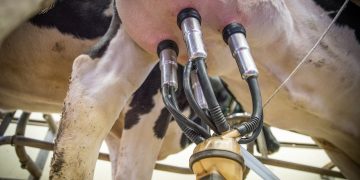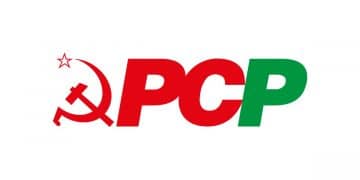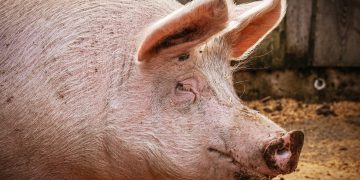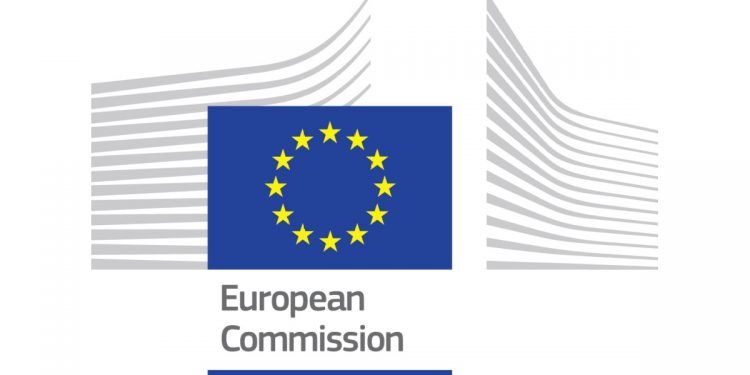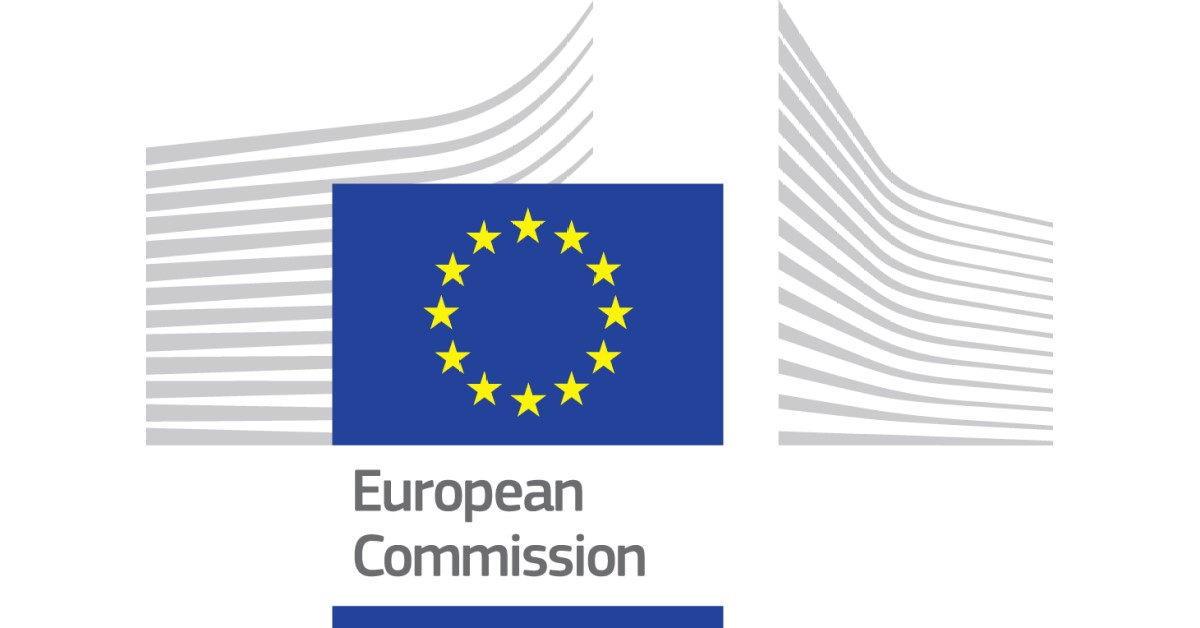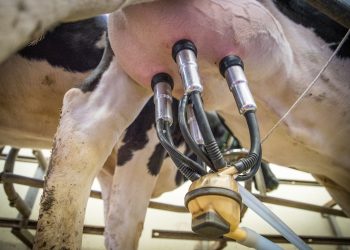What exactly is the Commission proposing?
The Commission proposes to alleviate unnecessary administrative burden on farmers and administrations and move to a more flexible implementation of the Common Agricultural Policy (CAP), better reflecting the diversity of EU farming and local environments. Delivering concrete results in terms of simplification, competitiveness, resilience and digitalisation, the changes could save up to €1.58 billion annually for farmers and €210 million for national administrations.
The proposal presented today delivers on the Vision for Agriculture and Food adopted on 19 February 2025, which outlines a roadmap for a competitive, resilient, and fair agri-food system. Aligned with the EU Competitiveness Compass, the Vision calls for reducing unnecessary red tape to enhance competitiveness. Farmers across the EU face several challenges due to excessive administrative obligations that often fail to reflect the realities on the ground. This regulatory burden incurs costs and time for farmers and national administrations. It leads to lower acceptance of obligations and may also discourage investment. This regulatory burden slows down farm operations, drains resources, discourages innovation and investment and leads to low acceptance of requirements by farmers.
To tackle these challenges, the Commission put forward legislative amendments to the Common Agricultural Policy (CAP), targeting the administrative burden, controls, implementation, crisis response and investments needs. The proposed changes include on-farm simplification of requirements, better recognition of diverse farming practices such as organic farming, streamlined support for small and medium-sized farms through simplified payments, and actions to boost competitiveness, including enhanced access to financial tools and laying the groundwork for digital solutions.
Furthermore, the Commission is also publishing a Roadmap for further simplification action in the course of this year, which sets out the planned actions, tools, and indicative timeline to deliver further improvements on the CAP’s secondary legislation and on areas outside of agriculture impacting farmers.
What is an Omnibus regulation? Does it cover only the simplification of the CAP or also other regulations?
The Commission’s work programme presents a set of Omnibus proposals that simplify various pieces of EU legislation, alongside a number of initiatives with a strong simplification dimension. The Omnibus proposals, adopted in subsequent steps, tackle priority sectors signaled by stakeholders and identified in the Draghi report. They aim to ensure coherence, build momentum and thereby maximise simplification actions.
Today’s proposal concerns the CAP, and it follows other similar proposals proposed by the Commission earlier this year on sustainability reporting, sustainability due diligence and taxonomy.
Does the Commission intend to propose further simplification measures in the field of agriculture?
The Commission will propose additional changes aimed at reducing reporting, compliance costs, the burden of controls and facilitating the uptake of the new flexibilities offered by the current CAP simplification proposal. These actions are presented in a roadmap and will be implemented in 2025.
The Commission will also work in 2025 on delivering a cross-cutting legislative simplification package of measures that deliver meaningful simplification in other policy areas than the CAP that affect farmers, the food and feed businesses and the related administrations. It will focus on elements that will help farmers as well as food and feed businesses be more competitive and resilient.
Is this a response to farmer protests and pressure from Member States?
The Commission is aware of farmers’ concerns and has worked tirelessly to table concrete actions to respond to them. Member States are also on the front line of implementing the CAP and they raised issues concerning the implementation of certain requirements one year into the current policy framework. Simplification is an ongoing process, and the Commission is working to reduce the administrative burden and align rules with the changing realities on the ground. This applies to all sectors of economy.
The Commission is listening to all stakeholders, including social partners, NGOs, and civil society to ensure that all perspectives are taken into account. For instance, implementation dialogues with Commissioners will target main groups affected by EU policies such as SMEs, industry, social partners, regional and local authorities, and civil society
Are you weakening environmental requirements under the CAP?
Simplification does not mean automatic lowering of ambitions. It does not mean abolishing policy goals or social and environmental standards, but on the contrary, delivering them as efficiently as possible. Cost-effective implementation is more beneficial and ensures a faster implementation as well as acceptance by concerned stakeholders.
The Commission remains committed to ensuring policy certainty and legal predictability, which is key in every legislative reform. The measures proposed maintain the overall orientation and ambitions of the current CAP and its key role in supporting the transition of European agriculture to sustainable farming.
The proposal does not change the green architecture, including the fact that the CAP Strategic Plans allocate 32% of the total CAP budget (around €98 billion) to voluntary actions advancing the environmental, climate and animal welfare objectives. More specifically, the conditionality system, and the budgetary ringfencing alongside an array of other key tools of the CAP’s green architecture, including eco-schemes and rural development, remain in place to ensure an overall higher level of ambition of the current CAP compared to the past.
The changes remain clearly limited to the requirements where experience has shown a clear need for adjustments and further incentives for farmers.
Who benefits from these changes, and how will they help farmers?
Both farmers and Members States will benefit from the additional proposed flexibilities. Smaller and medium-sized farms, stand to gain from the proposed changes, as they could make a greater use of simplified payments, among others.
Farmers will benefit from the removal of overlapping obligations, reduction of on-farm field visits by national authorities, and simplified application procedures.
The proposal also extends the possibilities for small farmers to apply for a lump-sum income support and a lump-sum business development support and simplifies the implementation of investments.
An analysis of the expected impact of these measures published today estimates that the changes could save up to €1.58 billion annually for farmers. It will save them time, contribute to reducing stress and allow them to focus on their core work.
What are the implications for the CAP Strategic Plans?
Thanks to these simplification measures, Member States can include the new instruments proposed today in their CAP Strategic Plans, such as crisis payments and the new funding opportunities under the Small Farmers Scheme. Only minimal additional administrative work is foreseen to introduce these new flexibility and provisions into CAP Strategic Plans, once adopted by co-legislators.
In addition, the proposal also simplifies the amendment process of the Plans. Approval by the Commission will only be required for strategic amendments. These are amendments that significantly impact the strategy and intervention logic of those Plans and entail changes in the financing arrangements.
By contrast, all other amendments to their CAP Strategic Plans will only have to be notified to the Commission, without necessitating approval. This will considerably speed up the process and bring changes faster to farmers on the ground.
What is the impact on the agricultural reserve?
The proposal maintains the agricultural reserve and streamlines its use to better respond to market disturbances in line with its original objective.
In addition, two new types of crisis payments are introduced under direct payments and rural development. Member States will be able to dedicate up to 3% of their annual CAP Plan funding to help farmers cope with the effects of natural disasters or animal diseases. Resorting to these new tools will be possible in case of natural disasters and adverse climate events that have a direct impact on farmers. Member States will be able to use them by amending their CAP Strategic Plans.
These new payments are intended to complement the reserve, not replace it, and come with safeguards to ensure they do not distort trade or disproportionately affect other CAP interventions.
How will this simplification package shape the future CAP?
The simplification package follows the path for a more strategic and streamlined implementation of the CAP, as set out in the Commission’s Vision for agriculture and food and in President von der Leyen‘s political guidelines.
In line with the Vision, the proposal aims to reduce administrative complexity and make support tools more attractive, to strengthen the competitiveness of European farmers, so that they can focus on being entrepreneurs and providers.
It also gives greater attention to the diversity and specific needs of farms, particularly small ones, and young farmers, and promotes an incentive-based approach. It lays the groundwork for an increased digitalisation of the policy and of national administrations to reduce controls and reporting for farmers.
Further details on the future CAP post-2027 will be presented in the third quarter of this year.
How were the estimated annual savings calculated?
The Commission’s Staff Working Document outlines the main impacts and includes cost saving estimates based on available data, evidence and key assumptions, while noting uncertainties and limitations.
Analysis uses evidence from a wide range of stakeholder gathered through an extensive stakeholder engagement including the 2024 farmers’ survey, the study on simplification and the administrative burden for farmers under the CAP, CAP data and expert judgment.
For more information
Commission simplifies Common Agricultural Policy to support farmers and enhance competitiveness
O artigo foi publicado originalmente em Comissão Europeia.


